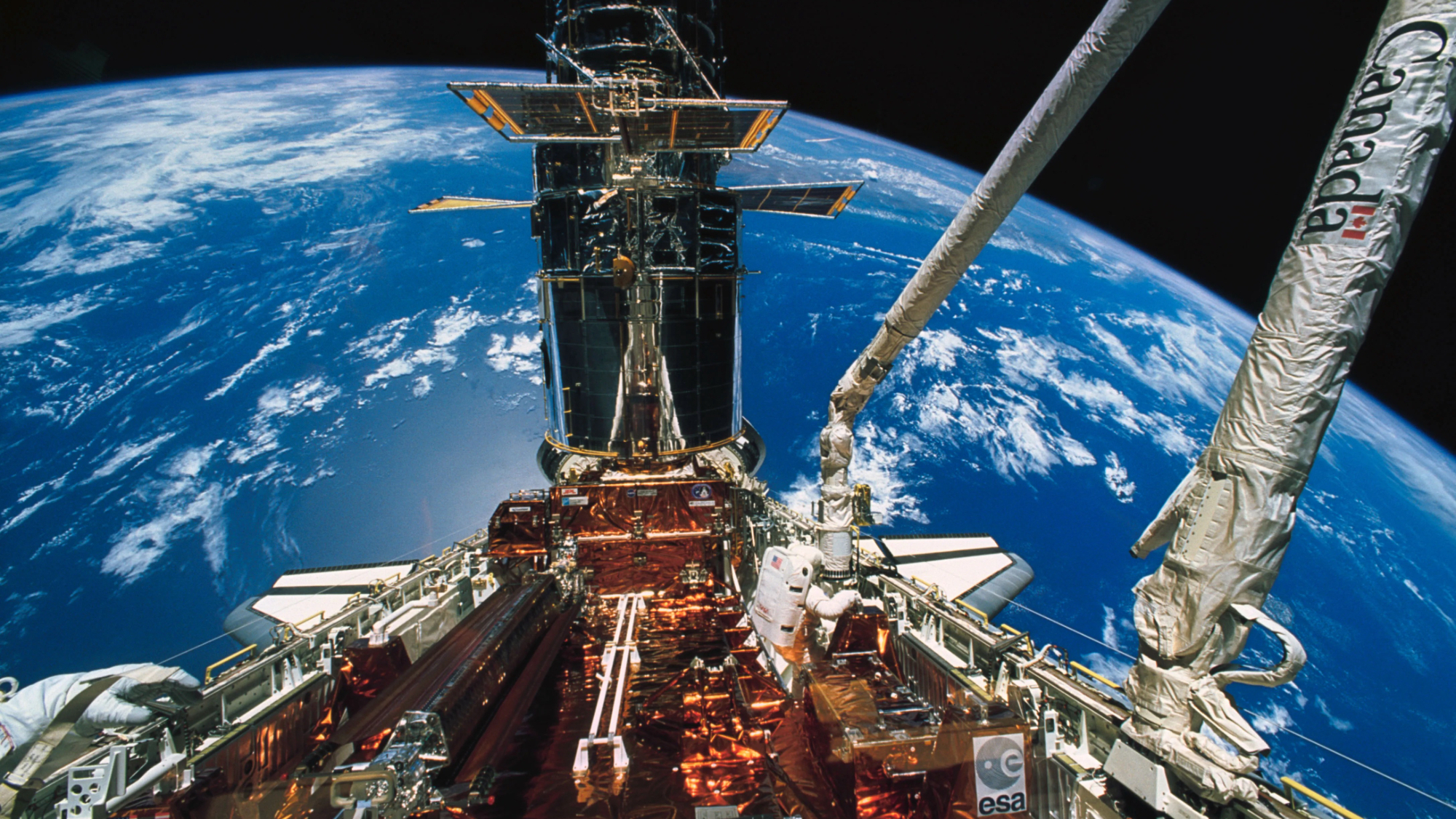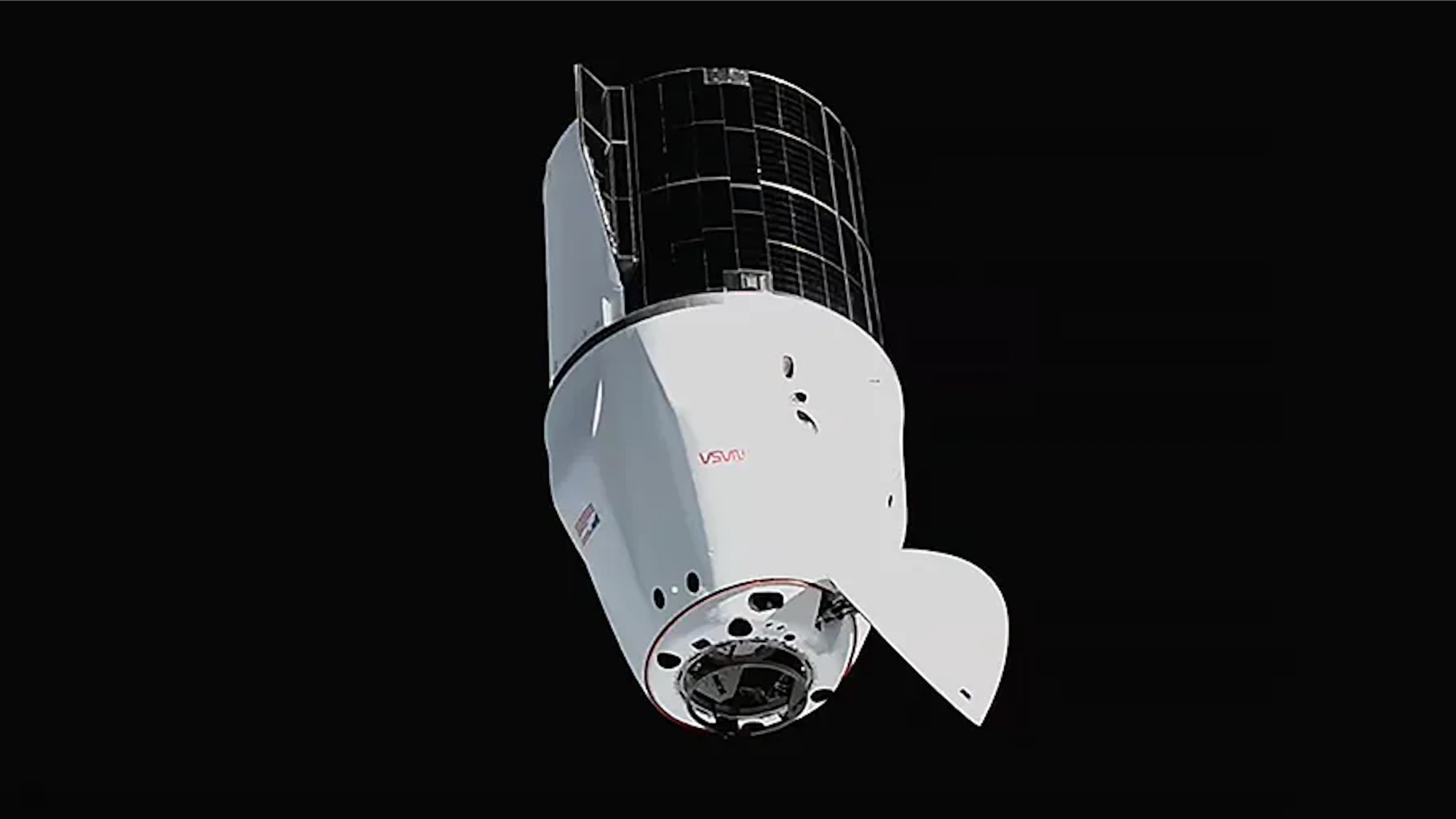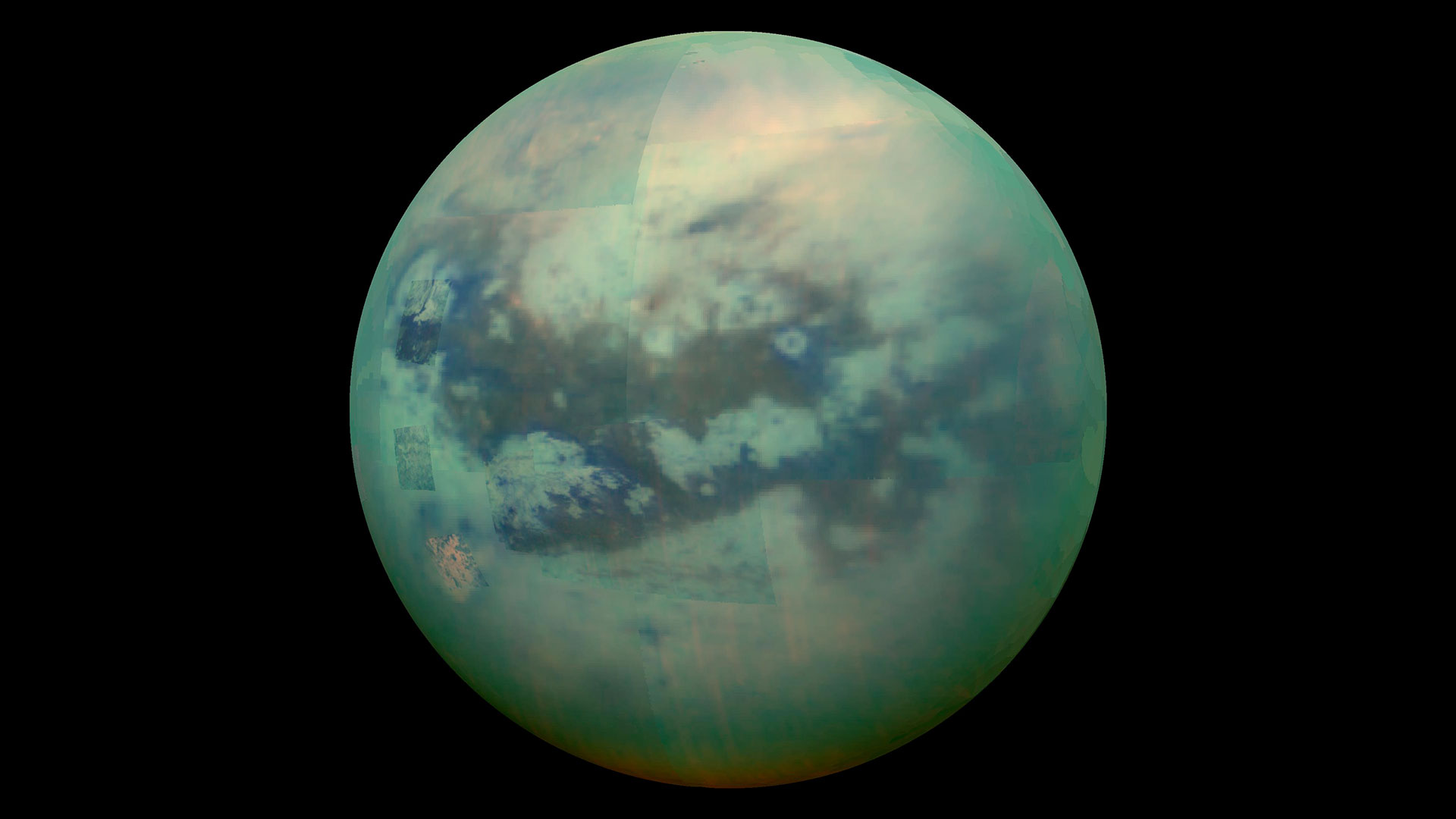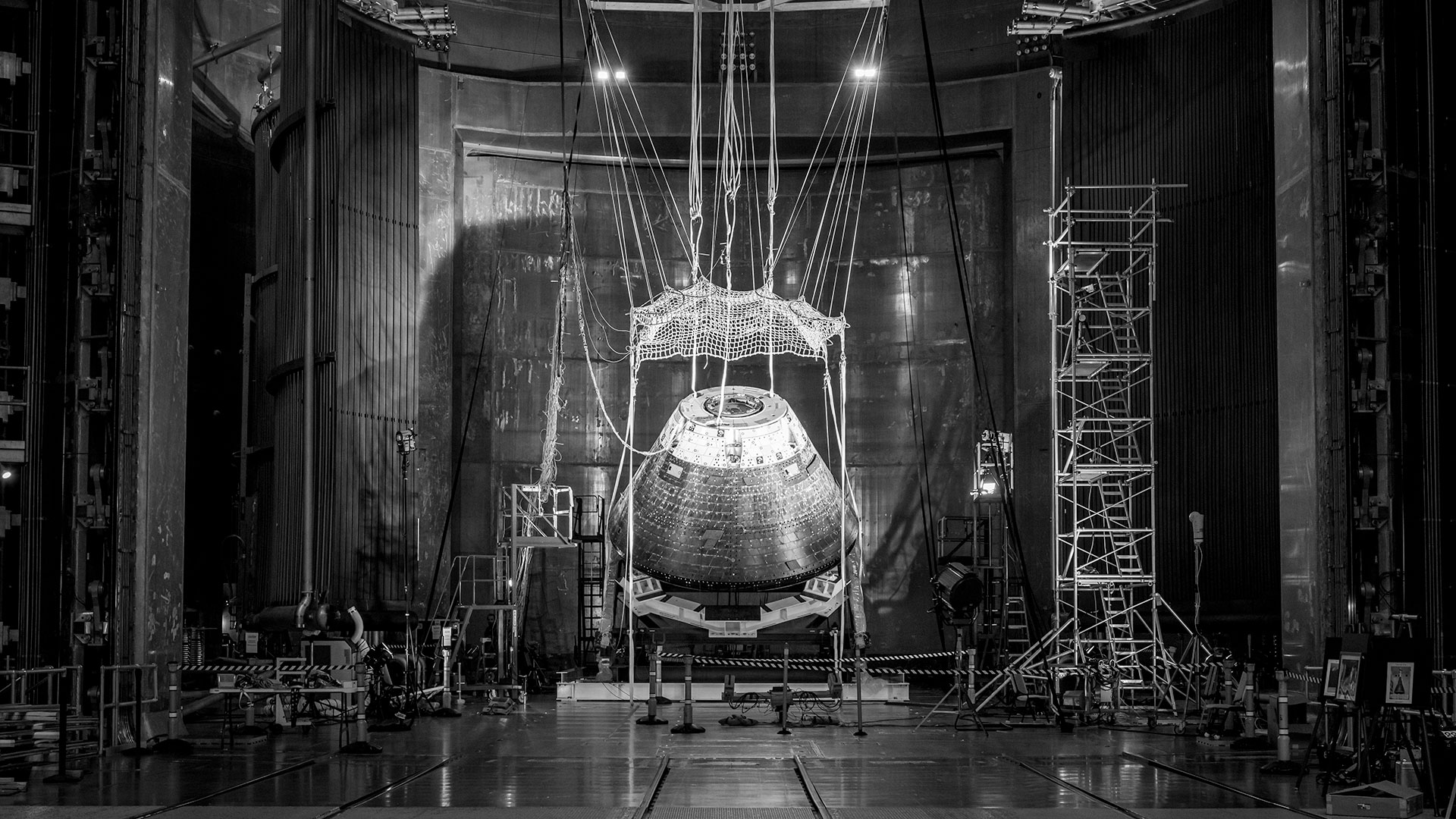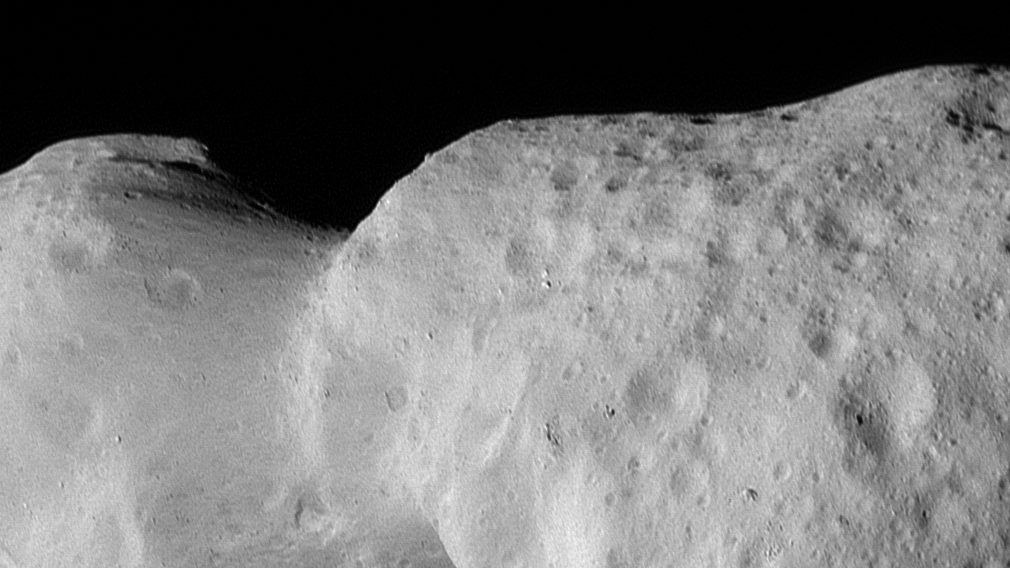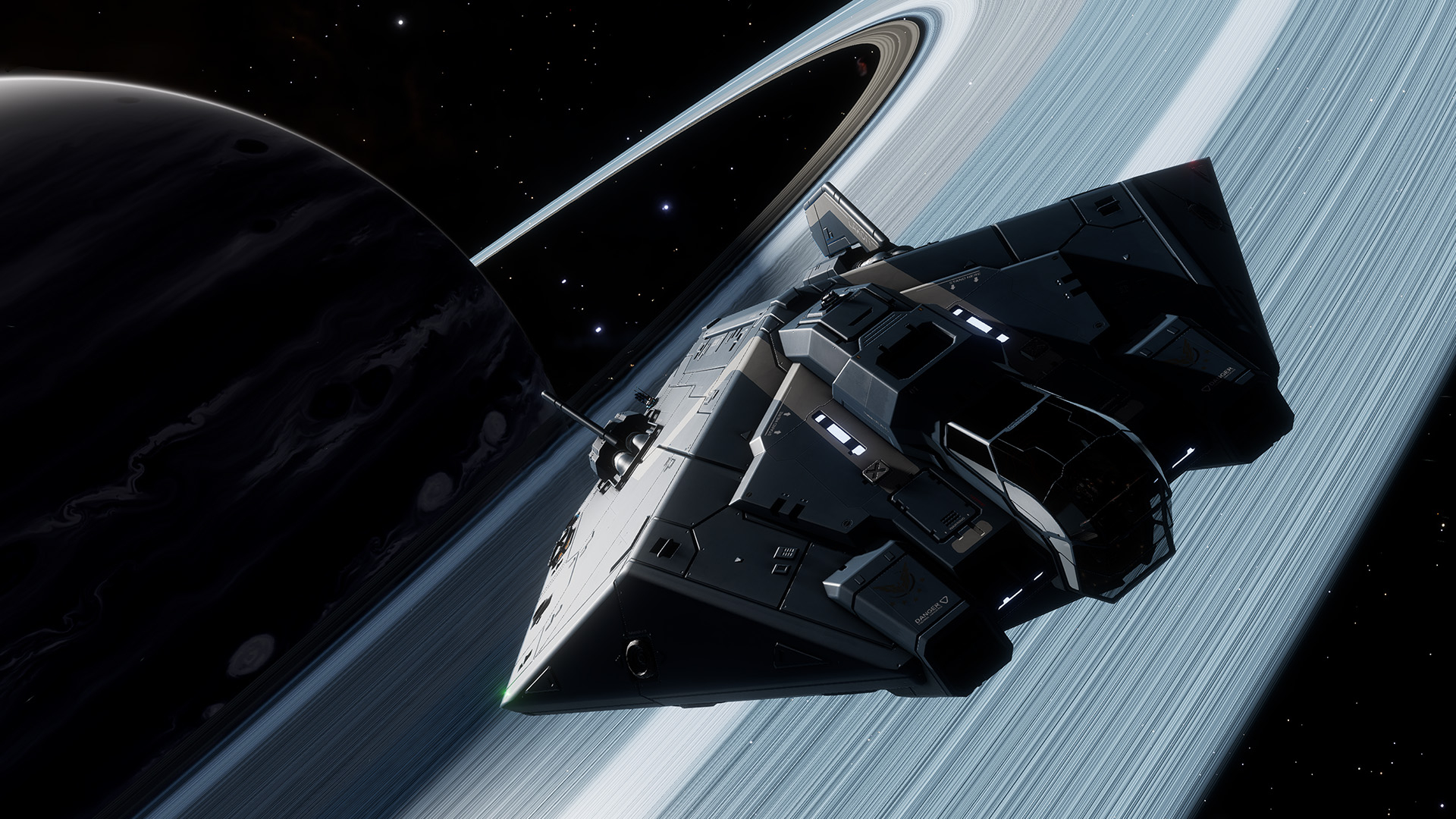Virgin Orbit eyes options as it works to generate cash flow: report
Launch company Virgin Orbit is going through some tough financial times, according to media reports.
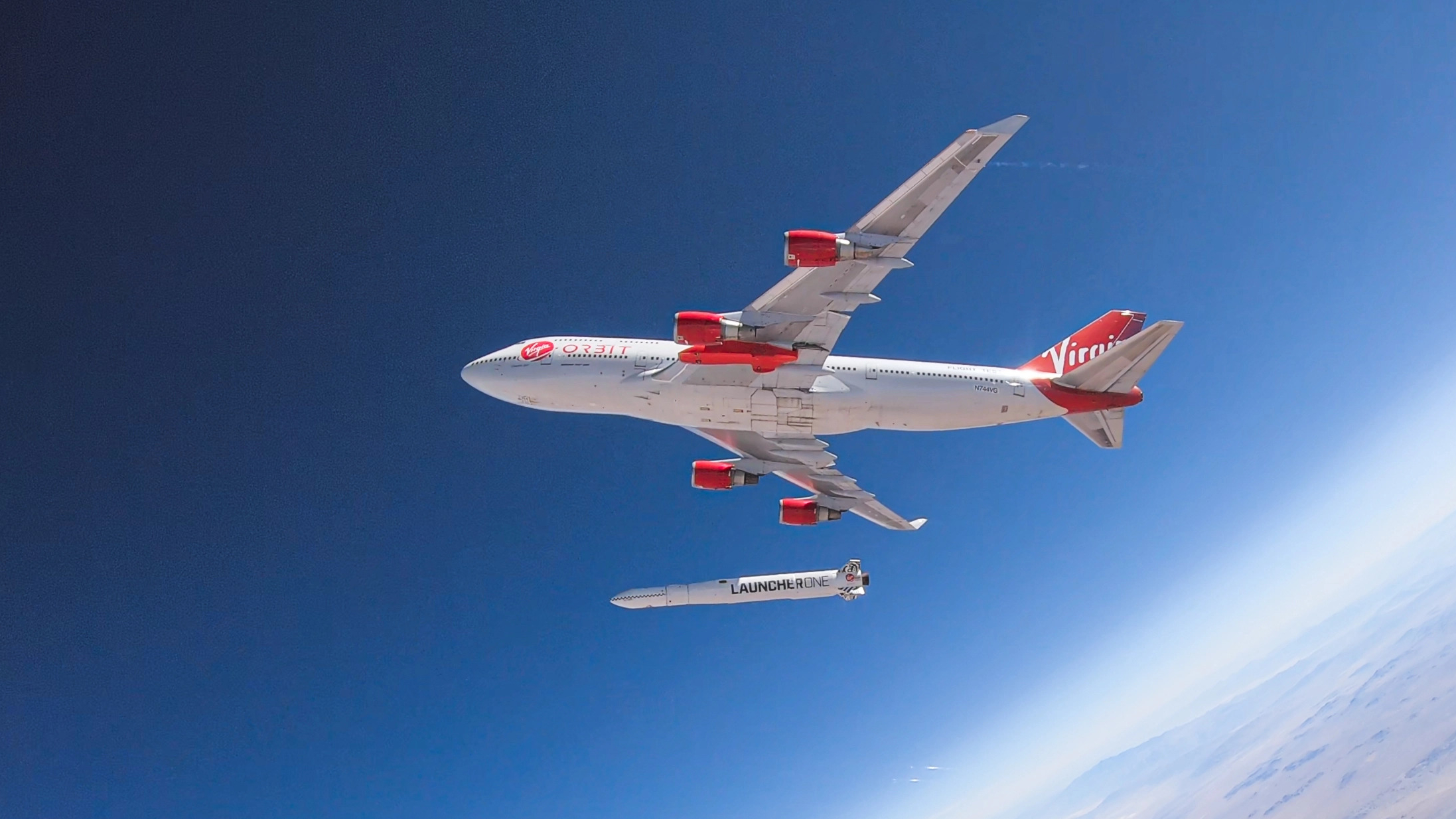
Launch company Virgin Orbit is "drawing up detailed contingency plans" after pausing operations last week, according to a media report.
Virgin Orbit is still looking for new funding but has also secured two restructuring firms — Alvarez & Marsal and Ducera — in case it cannot bring in more cash flow, according to a Sky News report published on Sunday (March 19).
Virgin Orbit was aiming to give an update to employees by Wednesday (March 22) or Thursday (March 23) after furloughing all but a small number of its workforce, CNBC reported on March 15.
The company's last quarterly earnings report from November included an operating loss of $50.5 million, with $71 million cash on hand. Last week, SpaceNews reported that Virgin Orbit is seeking alternatives to generate cash flow, based on a conversation with a company source speaking on background.
Related: Failed Virgin Orbit launch leaves open opportunity for UK as a space 'underdog'
Virgin Orbit, a portfolio company of billionaire Richard Branson's Virgin Group, had issues with its most recent launch as well.
That effort, its first ever from Spaceport Cornwall in England, failed after lifting off on Jan. 9, resulting in the loss of nine satellites. The company has said a fuel filter in the upper stage of its LauncherOne rocket was dislodged during flight. In a recent statement, Virgin Orbit said the investigation is almost wrapped up, and a modification to its rocket has already been implemented in production.
Get the Space.com Newsletter
Breaking space news, the latest updates on rocket launches, skywatching events and more!
Sky News added, however, that Virgin Orbit's value "plummeted" after the Jan. 9 failure, which followed a streak of four consecutive successes from California's Mojave Air and Space Port. (The company's inaugural test launch in May 2020 did not succeed.) Another launch has been scheduled for later this year.
Branson's Virgin Group had spent something like $1 billion (£818 million) on Virgin Orbit over the years, including $60 million (£49 million) since November 2022, Sky News reported. A source speaking anonymously said "the funding provided to the company had not been sufficient to counter the strong headwinds and liquidity crisis facing it," the outlet wrote.
The headwinds were not specified by the source, but aside from Virgin Orbit's failure in January, market conditions have been poor lately for startup space companies. For example, the collapse of Silicon Valley Bank, a commercial bank friendly to young tech-oriented firms, has sent shockwaves through the markets this past week.
Virgin Orbit's 70-foot-long (21 meters) LauncherOne is designed for sending small satellites to orbit underneath the wing of a modified Boeing 747 called Cosmic Girl. Each mission sees the plane bring LauncherOne high in altitude before dropping the rocket for the booster to make its way to space.
In the past, Virgin Orbit representatives said the air-launching effort would make the company more flexible for customer needs than standard rockets. Air-launching is also used for space tourists who fly with Virgin Galactic, which uses a carrier plane named VMS Eve and a suborbital spaceliner called VSS Unity.
Virgin Galactic hasn't flown any tourists since July 2021, pending upgrades and maintenance to its vehicles. With that work almost completed, the next mission could fly as soon as this spring, according to recent Virgin Galactic updates.
Elizabeth Howell is the co-author of "Why Am I Taller?" (ECW Press, 2022; with Canadian astronaut Dave Williams), a book about space medicine. Follow her on Twitter @howellspace. Follow us on Twitter @Spacedotcom or Facebook.
Join our Space Forums to keep talking space on the latest missions, night sky and more! And if you have a news tip, correction or comment, let us know at: community@space.com.

Elizabeth Howell (she/her), Ph.D., was a staff writer in the spaceflight channel between 2022 and 2024 specializing in Canadian space news. She was contributing writer for Space.com for 10 years from 2012 to 2024. Elizabeth's reporting includes multiple exclusives with the White House, leading world coverage about a lost-and-found space tomato on the International Space Station, witnessing five human spaceflight launches on two continents, flying parabolic, working inside a spacesuit, and participating in a simulated Mars mission. Her latest book, "Why Am I Taller?" (ECW Press, 2022) is co-written with astronaut Dave Williams.
